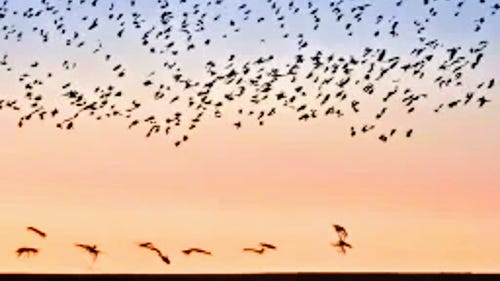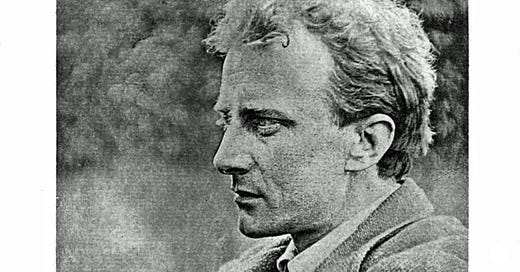
We might consider Edward Thomas (1878–1917), like Chidiock Tichborne, to be a tragic one-hit wonder. Unlike Tichborne, Thomas wrote more than one poem. But poetry was, for him, a late-life development after a career as a literary critic, and his output remained relatively small. In his case, “late-life” means “beginning at the age of thirty-six and lasting only three years.” Though he was married with three children and old enough not to have been called up for the First World War, Thomas had enlisted with the Artists Rifles in July 1915, surviving nearly two years of battlefield carnage before his death at Arras, in France, on Easter Monday 1917.
His slim 1917 collection, simply entitled Poems, is dedicated to his friend Robert Frost. Frost’s own famous poem, “The Road Not Taken,” was reportedly inspired by the two poets’ walks together during the American’s 1914 sojourn in England. Frost had intended the poem as a gentle poke at indeci…
Keep reading with a 7-day free trial
Subscribe to Poems Ancient and Modern to keep reading this post and get 7 days of free access to the full post archives.



